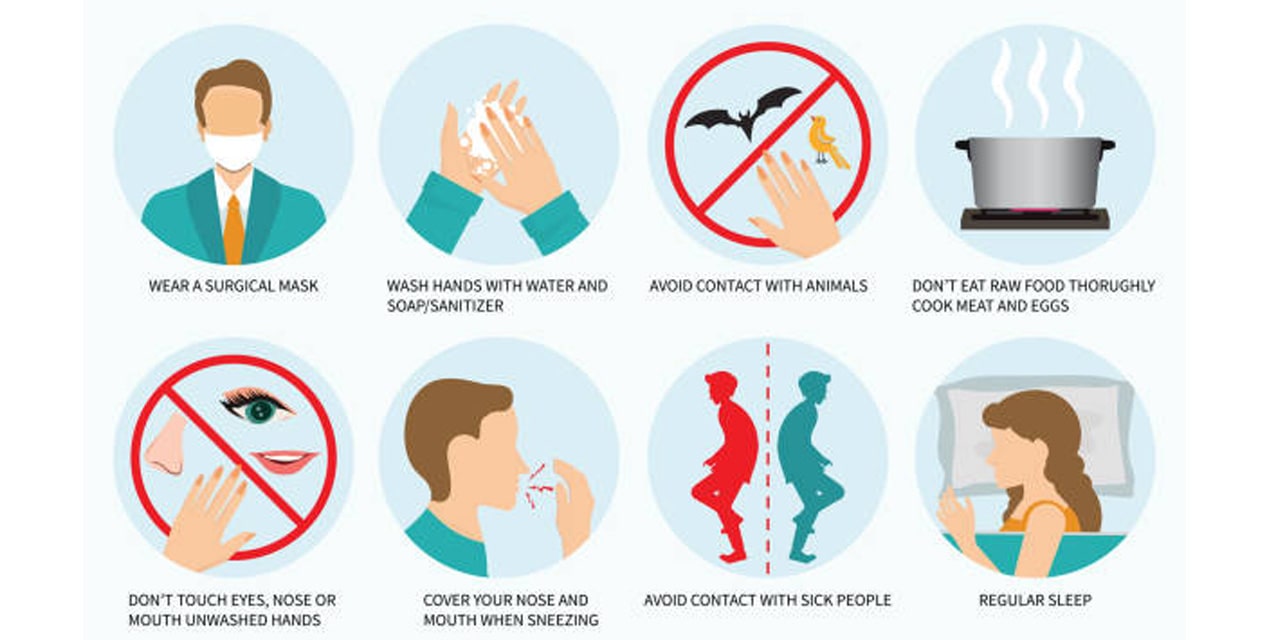Andrew Kathindi
The recently introduced new de-isolation policy by the Ministry of Health and Social Services policy has boosted the country’s recovery figures, with a record 345 new COVID-19 recoveries having been recorded in one day as announced on Wednesday.
According to the new de-isolation guidelines, which are in line with international recommendations from World Health Organization (WHO) and Center for Disease Control (CDC), state once a patient has been infected with COVID-19 for ten days and their symptoms have resolved, there is no risk that the virus can still be spread to other people.
As a result, people who have been infected with the virus and do not show any symptoms after ten days are being recorded as negative for COVID-19 and being released back into the community without further testing.
CDC Country Director, Eric Dziuban told Windhoek Observer confirmed the guidelines, although admitting they are “complicated.”
“To me it is good progress, it is wonderful when we keep our guidance and policies updated based on the latest science and global understanding of the virus. This will help Namibia in re-focusing its resources where they are needed the most.”
Dzuiban further noted, “The evidence shows that at that point they don’t have the living virus inside of them that can continue to grow and multiply. What they have by those ten days is debris of the virus; broken pieces of the virus that are still detectable in the lab but that doesn’t mean they have living traces of the virus that can infect people. It means there are still pieces left over from when they were infected.”
Regional Health Director of Erongo, which recorded the highest number, with 325 recoveries from the country figure, Anna Jonas, told Windhoek Observer “the spike [in recoveries] is due to the new de-isolation guidelines.”
Of the new recorded recoveries, there were 325 from Walvis Bay, 6 from Oshakati, 5 from Mariental, 4 from Windhoek, and one each from Okakarara, Otjiwarongo, Oshikuku, Outapi and Keetmanshoop.
Health Minister Kalumbi Shangula announced the new measures on July 31.
Under the old guidelines, COVID-19 positive patients were isolated for 14 days and then tested. If the patients were symptomatic, they would need to have been without symptoms for seven days before they were re-tested. After that, if negative, they would be re-tested and once the test was again negative, they would be released.
Head of Case Management in the Health Ministry, Theo-Ben Kandetu said that what guided the changes in policy was the new COVID-19 specific scientific evidence around transmission risk that recently emerged.
“What it’s telling us is the detection of the viral DNA does not mean that the individual is infectious. That’s to say, just because we have tested this individual as positive on Polymerase chain reaction (PCR) test doesn’t mean they will transmit the virus beyond 9-10 days. The science has now become clear. This led to us changing the policy.”
He further noted however, that viral scientific evidence was not the only contributor to the change in guidelines as the ministry was also guided by the shortage of isolation space, a need for isolation spaces being given to more severe and critical patients and “immense pressure that re-testing put on our laboratories.”




